Carrying On
So far, we have learned about F.A.C.E.-ing our future through flexibility and aerobic exercise. Next on the agenda is carrying a load. You may be wondering what exactly that means. Let’s start with a few things it does NOT mean:
- Carrying the weight of the world on your shoulders
- Hauling a bunch of laundry to be folded
- Pumping iron on a machine at the gym
I’m sure the first two were self-explanatory, but perhaps the third point was surprising to you. Yes, carrying a load is about building strength, but I specifically do not call this “weight lifting.” That is because in real life (and sports), we never use just one muscle to get a job done.
For example, in the past, working out the quads meant sitting on a leg press and pushing weight away from our bodies. You probably never sat on your butt to push anything like that, but I’m sure you can remember the last time you used more than one muscle group to pick up a child or move a couch.
In Younger in Eight Weeks, there is a chapter dedicated to carrying a load, and I teach you to carry a load and build strong muscles through resistance training that mimics everyday activities.
Use It Or Lose It, Sister!
I’m talking about muscles! Have you ever had your arm in a cast? At first it was tight, but eventually it felt loose. That’s what happens when you don’t use your muscles. They go away, but that doesn’t mean you lose weight. One pound of muscle is typically replaced by a pound of fat. The problem is, a pound of fat takes up 18% more space than a pound of muscle. That means if you don’t use your muscles, you will not only get weaker, but also bigger.
It’s Never Too Late!
Don’t worry! If you lose muscle, it is not gone forever. Many studies show that muscle loss (or muscle disuse atrophy) is reversible in as little as eight weeks of training.
Loads Of Improvement
The benefits from carrying a load do not stop at growing stronger. If you routinely carry a load it will help you:
- Burn more calories
- Retain more protein
- Have more energy
- Regulate insulin levels
- Decrease risk of bone fracture
How To Get Started
Just like aerobic exercise doesn’t necessarily mean breaking out the legwarmers and leotards, carrying a load doesn’t go hand in hand with big, sweaty men grunting and hoisting weights at the gym. In fact, you do not need access to a weight machine at all. Free weights, dumbbells, kettlebells, and exercise bands are great ways to carry a load. Plus, one of the best loads to carry is your own weight.
Now when I end this post by saying, “carry on,” I think you know what I really mean!

